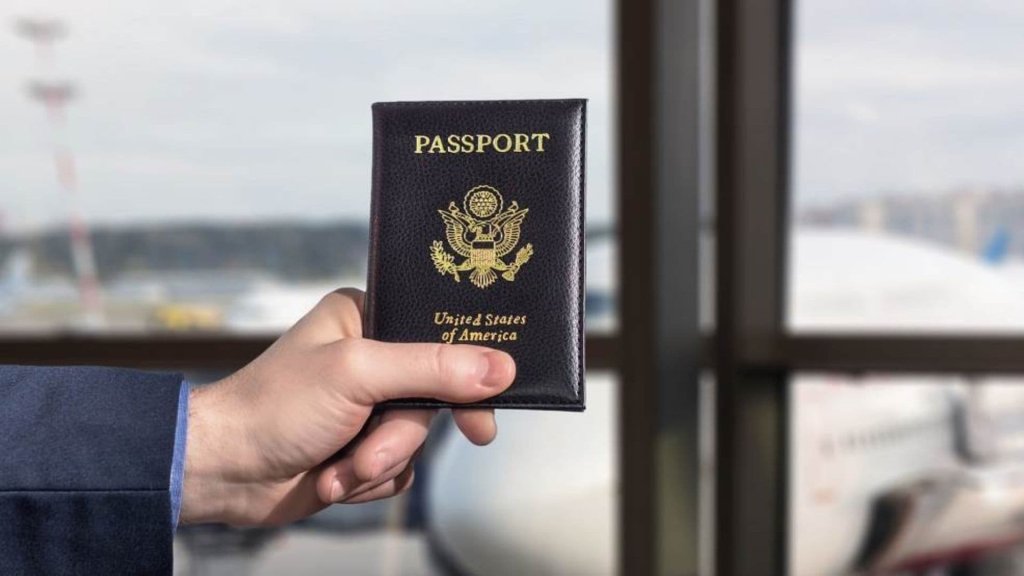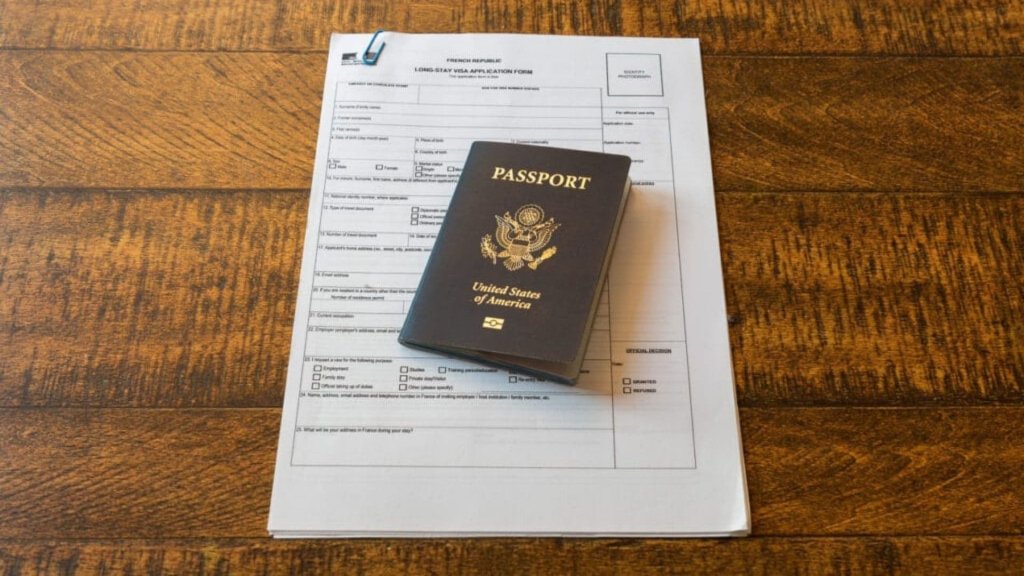
A Temporary Residence Permit (TRP) is an official document issued by a country’s government that grants foreign nationals the legal right to reside within its borders for a specified period. It serves as proof of permission to temporarily stay in the country, outlining the terms and conditions of the individual’s residency. Obtaining a TRP involves meeting specific criteria, submitting an application to the immigration authorities, and adhering to the regulations set by the host country. While a TRP provides temporary legal status and access to certain rights and services, it is not a pathway to citizenship and requires compliance with its conditions to avoid legal repercussions.

Key Points to Understand About Temporary Residence Permits
- Temporary Residence Permit allows foreign nationals to legally stay in a country for a temporary period. The duration can range from a few months to several years, depending on the purpose of the stay and the country’s regulations.
- Each country has its own eligibility criteria and application process for obtaining a Temporary Residence Permit. Generally, applicants need to demonstrate a valid reason for their stay, such as employment, education, investment, or family ties. They may be required to provide supporting documents, such as a job offer letter, acceptance from an educational institution, proof of financial means, or a sponsorship letter from a family member or employer.
- Many countries offer Temporary Residence Permits for individuals who have secured employment within their borders. These permits typically require a job offer from an employer, proof of qualifications or experience, and compliance with any labor market requirements or quotas.
- Students seeking to study abroad often need a Temporary Residence Permit. The permit is usually tied to enrollment in a recognized educational institution, and students may need to demonstrate financial capability, provide proof of acceptance, and obtain health insurance coverage.
- Some countries provide Temporary Residence Permits for family members of their citizens or residents. Spouses, children, parents, or dependent relatives may be eligible to apply for such permits, subject to specific requirements and documentation.
- Temporary Residence Permits may come with certain conditions, such as restrictions on employment, study, or travel. They often need to be renewed periodically, with applicants required to demonstrate ongoing eligibility. Renewal requirements may include proof of continued employment, financial stability, or academic progress, depending on the purpose of the permit.
It is essential to consult the immigration authorities or the official government website of the specific country where you intend to apply for a Temporary Residence Permit. Each country has its own rules, regulations, and processes, and the information provided here is a general overview.

Temporary Residence Permit in the U.S.
In the United States, the equivalent of a Temporary Residence Permit is a nonimmigrant visa. The U.S. nonimmigrant visa system allows foreign nationals to legally reside in the country for a temporary period based on specific purposes, such as work, study, tourism, or family visits. The eligibility criteria and application process for different types of nonimmigrant visas may vary. Here is a general overview of the process:
- The U.S. offers various nonimmigrant visa categories, including the H-1B visa for skilled workers, F-1 visa for students, B-1/B-2 visa for tourism or business visits, and more. Each visa category has specific eligibility requirements, restrictions, and application procedures. Identify the visa category that aligns with the purpose of your temporary stay in the U.S.
- Once you have identified the visa category, carefully review the eligibility criteria set by the U.S. Department of State and U.S. Citizenship and Immigration Services (USCIS). Eligibility requirements may include having a legitimate purpose for your stay, demonstrating nonimmigrant intent (i.e., not planning to immigrate permanently), possessing valid travel documents, and having sufficient financial means to support yourself during your stay.
- Most nonimmigrant visa applicants must complete the Online Nonimmigrant Visa Application (Form DS-160) through the U.S. Department of State’s Consular Electronic Application Center. The application collects personal information, details about the purpose of the visit, and other required information. Be accurate and thorough in completing the form.
- Depending on the visa category and your country of residence, you may need to schedule an interview at a U.S. embassy or consulate. The interview allows consular officers to assess your eligibility and intent for temporary stay. Pay the required visa application fee and schedule the interview through the appropriate consulate or embassy.
- Prepare the necessary supporting documents to accompany your visa application. These may include a valid passport, proof of financial support, evidence of ties to your home country, educational transcripts (for students), employment documents (for work-related visas), and any other relevant supporting materials based on your visa category.
- On the scheduled interview date, appear at the U.S. embassy or consulate for the visa interview. Be prepared to answer questions related to your purpose of travel, ties to your home country, and other factors relevant to your visa category. Provide the supporting documents as requested by the consular officer.
- If your visa application is approved, the consular officer will affix the visa to your passport. You can then travel to the United States within the visa validity period. Upon arrival, U.S. Customs and Border Protection officers at the port of entry will make the final decision on your admission into the country.

How Temporary Residence Permit Holders are Taxed?
When it comes to the taxation of individuals holding a Temporary Residence Permit (TRP), the specific tax obligations can vary depending on the country and its tax laws. Understanding the tax rules and regulations of the country where you hold the TRP is essential. Here are some general points to consider:
In many countries, including the United States, an individual’s tax liability is determined based on their tax residency status. Tax residency is not necessarily linked to holding a TRP but rather on the length of time spent in the country or meeting specific criteria outlined in the tax laws. If you meet the criteria for tax residency, you may be subject to taxation on your worldwide income, including income earned outside the country.
The taxation of various types of income, such as employment income, business income, investment income, and capital gains, may vary depending on the country’s tax laws. It is important to understand how different types of income are taxed in your host country and any tax treaties that may exist between your home country and the host country.
Many countries have double taxation treaties in place to avoid the same income being taxed twice. These treaties often provide mechanisms to eliminate or reduce double taxation by allowing credits for taxes paid in one country against the tax liability in another. If you are subject to taxation in both your home country and the host country, it is important to understand the provisions of any applicable tax treaties.
You may have reporting obligations related to your income and assets as a TRP holder. This could include filing annual tax returns, reporting foreign financial accounts, and disclosing certain transactions. Non-compliance with tax reporting requirements can result in penalties and legal consequences.
In addition to income taxes, you may also be subject to other taxes, such as social security contributions or local taxes, depending on the country’s tax system. These obligations can vary, so it is essential to understand the specific tax landscape in your host country.